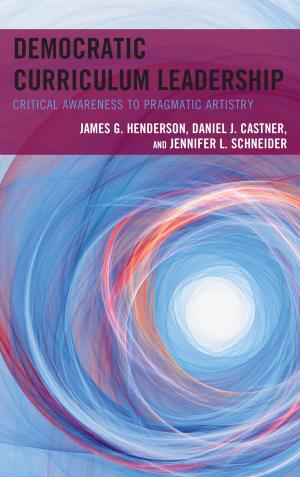Aristotle's Ethics
Critical Essays
Nonfiction, Religion & Spirituality, Philosophy, History, Criticism, & Surveys| Author: | ISBN: | 9780585214030 | |
| Publisher: | Rowman & Littlefield Publishers | Publication: | January 1, 2000 |
| Imprint: | Rowman & Littlefield Publishers | Language: | English |
| Author: | |
| ISBN: | 9780585214030 |
| Publisher: | Rowman & Littlefield Publishers |
| Publication: | January 1, 2000 |
| Imprint: | Rowman & Littlefield Publishers |
| Language: | English |
The ethics of Aristotle (384-322 B.C.), and virtue ethics in general, have seen a resurgence of interest over the past few decades. No longer do utilitarianism and Kantian ethics on their own dominate the moral landscape. In addition, Aristotelian themes fill out that landscape, with such issues as the importance of friendship and emotions in a good life, the role of moral perception in wise choice, the nature of happiness and its constitution, moral education and habituation, finding a stable home in contemporary moral debate. The essays in this volume represent the best of that debate. Taken together, they provide a close analysis of central arguments in Aristotle's Nicomachean Ethics. But they do more than that. Each shows the enduring interest of the questions Aristotle himself subtly and complexly raises in the context of his own contemporary discussions.
The ethics of Aristotle (384-322 B.C.), and virtue ethics in general, have seen a resurgence of interest over the past few decades. No longer do utilitarianism and Kantian ethics on their own dominate the moral landscape. In addition, Aristotelian themes fill out that landscape, with such issues as the importance of friendship and emotions in a good life, the role of moral perception in wise choice, the nature of happiness and its constitution, moral education and habituation, finding a stable home in contemporary moral debate. The essays in this volume represent the best of that debate. Taken together, they provide a close analysis of central arguments in Aristotle's Nicomachean Ethics. But they do more than that. Each shows the enduring interest of the questions Aristotle himself subtly and complexly raises in the context of his own contemporary discussions.















